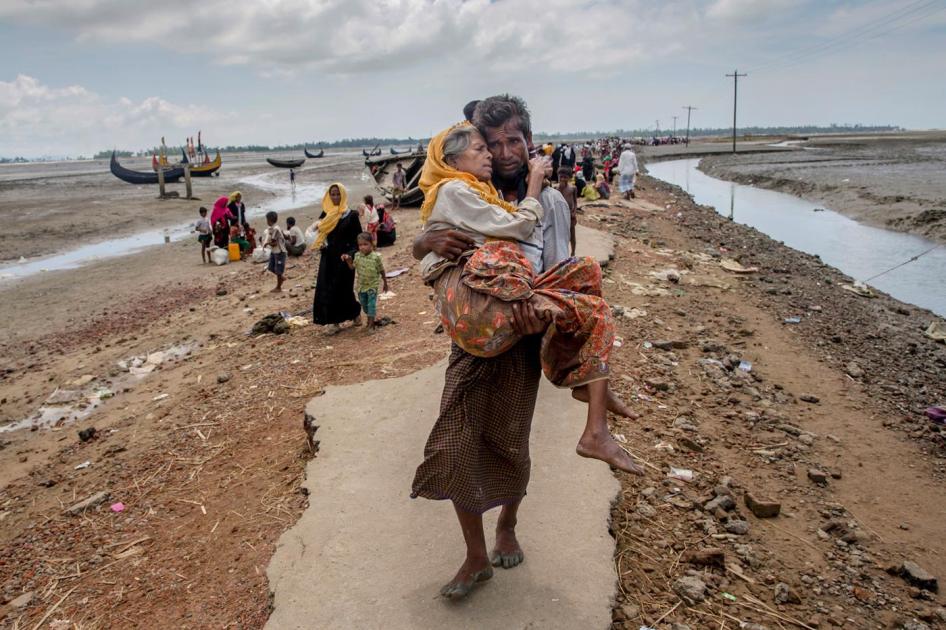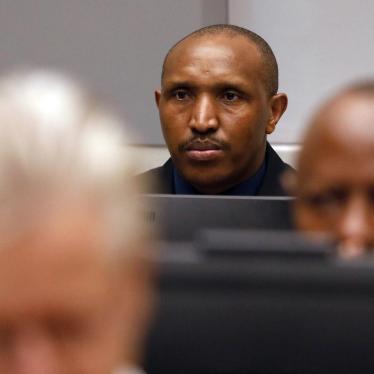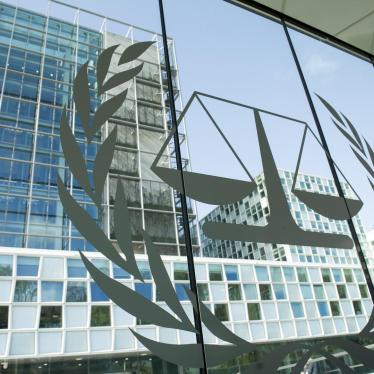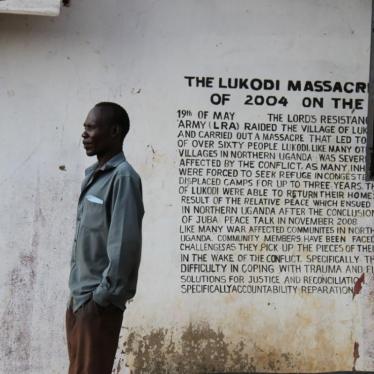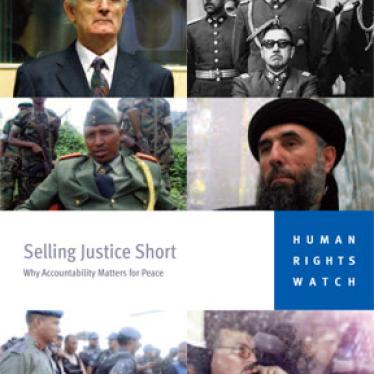Twenty-one years ago today, 120 countries adopted the Rome Statute of the International Criminal Court (ICC), creating a permanent international court to hold perpetrators of the world’s gravest crimes to account. The anniversary is a moment to reflect on the successes and challenges of bringing justice to victims over the past year.
With armed conflicts raging across the globe and devastating civilian populations, demand for accountability is growing. In Liberia, citizens and civil society groups are calling on President George Weah to support the creation of a war crimes court to provide justice for atrocities committed during the country’s two civil wars.
In the Central African Republic, the Special Criminal Court has finally opened investigations into abuses committed during the years-long conflict there. Several prosecutors in Europe are investigating and bringing to trial atrocity crimes cases committed in countries such as Syria and Iraq, where the ICC has no jurisdiction. Some governments are also attempting to fill this gap by creating teams of independent investigators to examine crimes in Syria and Myanmar.
At the ICC, two suspects of grave crimes in the Central African Republic, Patrice Edouard Ngaissona and Alfred Yékatom, were arrested and transferred to the court. Earlier this month, the ICC prosecutor filed a request to open an investigation into certain crimes against ethnic Rohingya arising from government atrocities in Myanmar. Last week, ICC judges convicted Congolese warlord Bosco Ntaganda for war crimes and crimes against humanity, and began hearings for the confirmation of charges in the case against Al Hassan for crimes in northern Mali.
But there have also been serious setbacks for victims awaiting justice from the court. In January, ICC judges dismissed the case against former Ivorian president Laurent Gbagbo and the written reasons for the oral decision were only filed on July 16. In April, judges rejected the prosecutor’s request to open an investigation in Afghanistan on a problematic legal basis. In the face of evident shortcomings, the court needs to step up its performance.
The ICC is also facing unprecedented threats from the United States. In March, the Trump administration threatened visa bans on ICC staff if the court began investigating US nationals for alleged crimes in Afghanistan, and then proceeded to revoke the prosecutor’s visa in April.
While challenges to securing accountability around the world persist, 21 years after the completion of the Rome Statute, the victims’ need for justice and an effective court are greater than ever.

